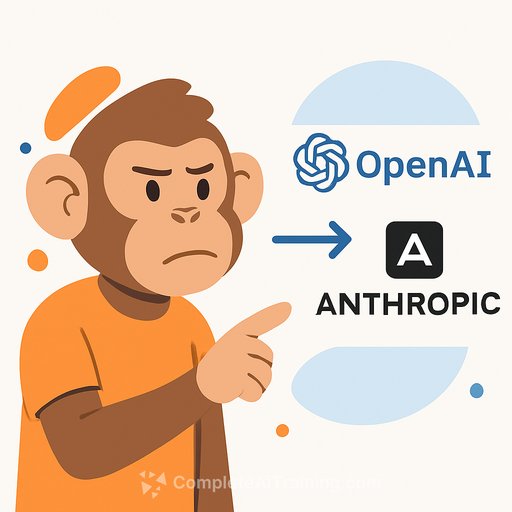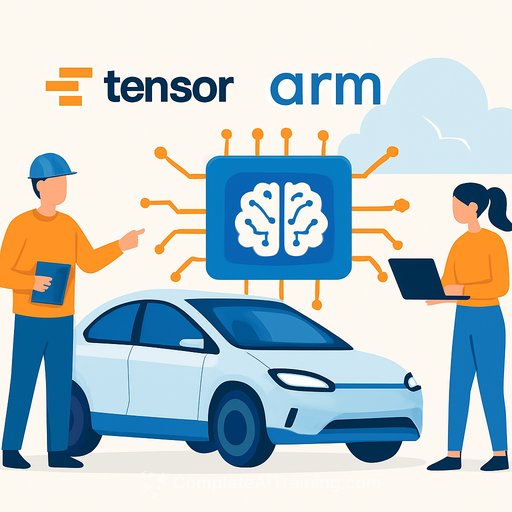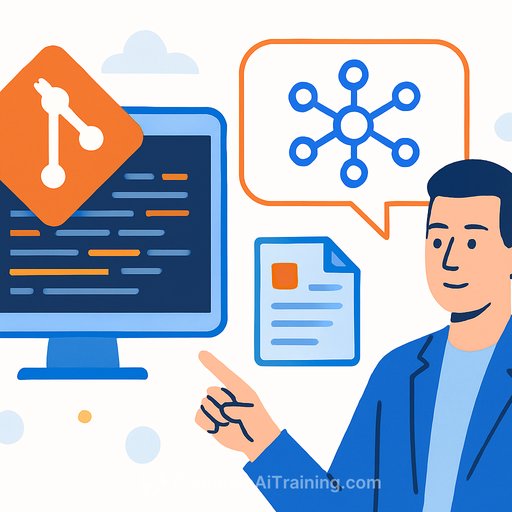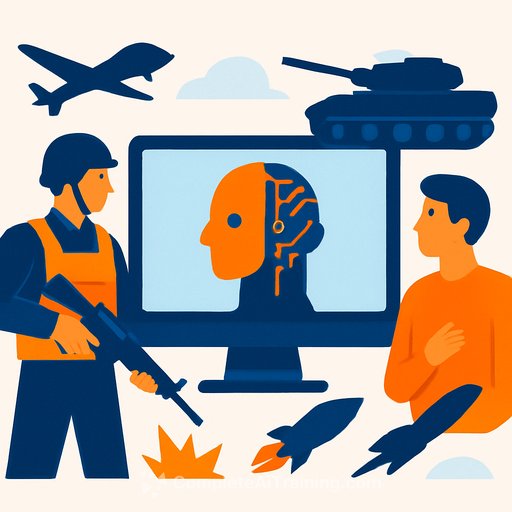Project Gecko: Practical AI for the Global Majority
Most AI tools serve people who type perfect English on high-end devices. Everyone else gets vague answers, broken translations, or unusable advice. Microsoft's Project Gecko takes a different path: build AI that speaks local languages, respects cultural context, and runs on low-cost hardware.
The objective is straightforward-make AI useful for communities that have been ignored by mainstream datasets and product decisions.
What Project Gecko Sets Out to Solve
Current generative models miss context outside major metro hubs. They struggle with low-resource languages and fail to reflect the realities of the global majority. That gap blocks real outcomes in agriculture, health, and education.
Project Gecko addresses this by grounding models in local knowledge and community-specific data. Microsoft Research teams in Africa (Nairobi), India, and the US are working with Digital Green to build systems people can actually use.
How Project Gecko Works
- Local languages and cultural context: Models are adapted for each community-supporting regional speech patterns, code-switching, and content that reflects local practices.
- Multimodal interaction: Text, speech, images, and video. This matches how people ask for help in the field-short voice notes and visual cues, not long prompts.
- MMCTAgent (the core framework): The Multimodal Critical Thinking Agent analyses voice queries, photos, and short videos, then produces step-by-step, context-aware responses for domain-specific tasks.
- Small language models (SLMs): Lightweight models optimized to run on low-cost devices common across the Global South.
Early Impact: Smallholder Farmers in India and Kenya
The first deployment is agriculture. Gecko improves FarmerChat, Digital Green's speech-first assistant, making it more accurate and more useful on the ground.
- Ask questions in local languages via voice or text
- Get clear, actionable steps
- Receive responses with supporting videos
- See guidance formatted to match local needs
Field studies in India and Kenya showed improved response quality, higher usability, and stronger trust compared to existing systems.
Why This Matters for Product and Engineering Teams
- Design for local first: language support, regional speech, and cultural context aren't "features"-they're table stakes.
- Favor SLMs where hardware and bandwidth are limited. Optimize model size, latency, and cost before adding complexity.
- Make multimodal the default. Voice in, video or step-by-step out beats long text for many tasks.
- Build with community partners. Co-create datasets, validate instructions in the field, and track trust and usability-not just accuracy.
- Ship step-by-step responses by default. Clarity reduces errors and increases adoption.
Where Project Gecko Goes Next
Microsoft plans to expand into healthcare, education, and retail-sectors with similar constraints: limited resources, diverse languages, and a need for precise, culturally grounded guidance.
Learn More and Take Action
Explore the organizations involved and their broader work: Microsoft Research and Digital Green.
If you're building AI products for global users and want structured upskilling by role, see AI courses by job.
Bottom line: Project Gecko reframes inclusive AI as local, multimodal, and lightweight. Build for how people actually live and work, not how datasets were collected.
Your membership also unlocks:








